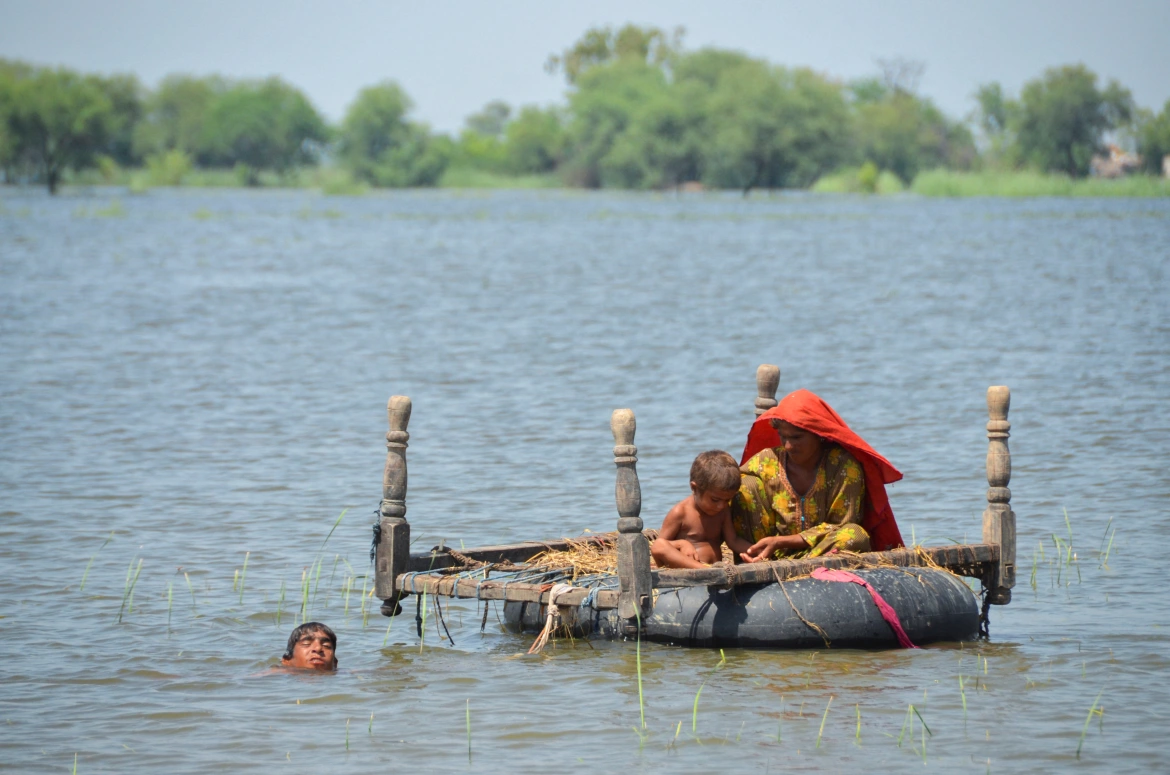Flood-hit Pakistan now fights waterborne diseases

Pakistani health officials have reported an outbreak of waterborne diseases in areas hit by recent record-breaking floods, as authorities step up efforts to ensure the provision of clean drinking water to hundreds of thousands of people who lost their homes in the disaster.
Diarrhoea, skin diseases and eye infections are spreading at relief camps set up by the government across the country. More than 90,000 diarrhoea cases were reported from one of the worst-hit provinces, Sindh, in the past 24 hours, according to a report released by the health officials on Thursday.
Pakistan blames climate change for unusually early and heavy monsoon rains, which since June have caused flash floods that have killed nearly 1,200 people and affected 33 million people. About a million homes have also been damaged or destroyed.
Flood waters continued to recede in most parts of the country, but many districts in southern Sindh province remained underwater.
Nearly half a million flood-displaced people are living in relief camps. In Sindh, thousands of medical camps have been set up in flood-stricken areas to treat victims, said Dr Azra Fazal Pechuho, the provincial health minister. Mobile medical units have also been deployed.
WHO says it is increasing surveillance for acute diarrhoea, cholera and other communicable diseases and providing medical supplies to health facilities.
Doctors say initially they were seeing mostly patients traumatised by the flooding, but they are now treating thousands of people suffering from diarrhoea, skin infections and other waterborne ailments. Many pregnant women living in flood-affected areas were also exposed to risks.
According to the UN Population Fund, 6.4 million flood victims need humanitarian assistance. It said about 650,000 pregnant women in flood-affected areas, including 73,000 expected to deliver in the next month, need maternal health services.
